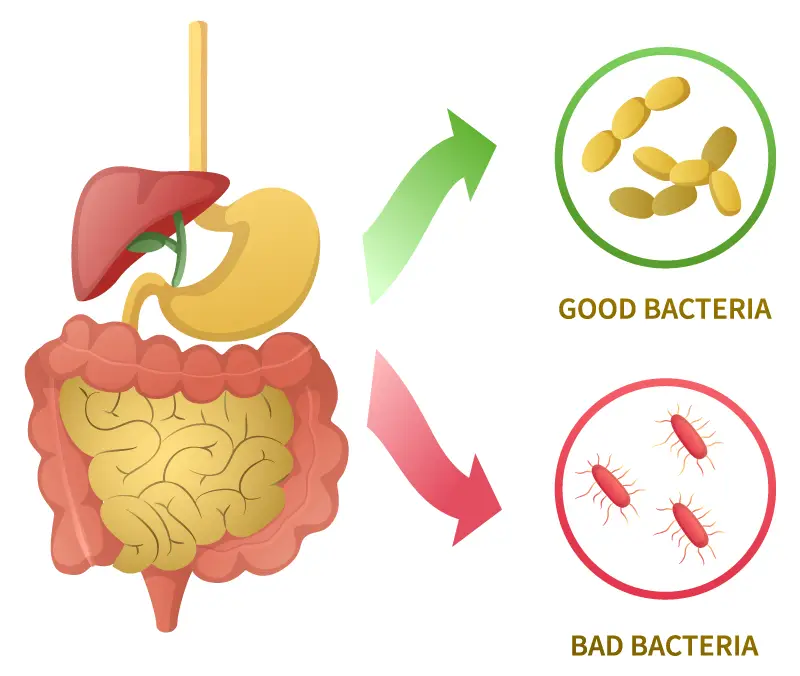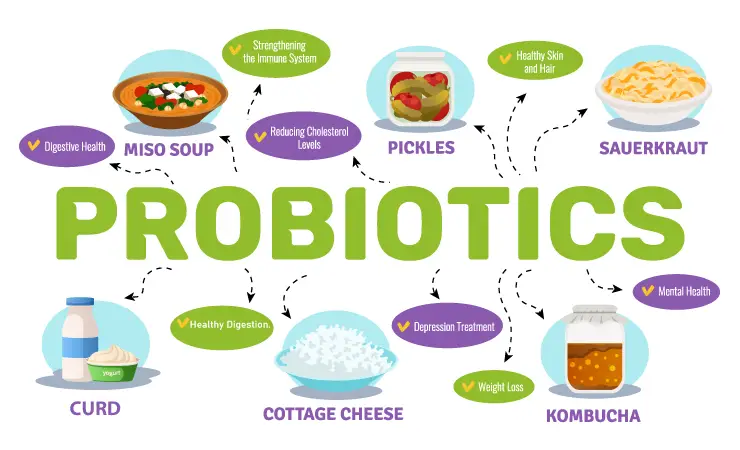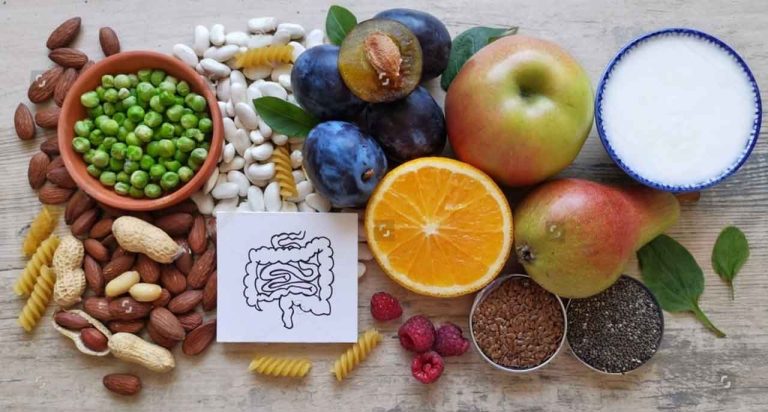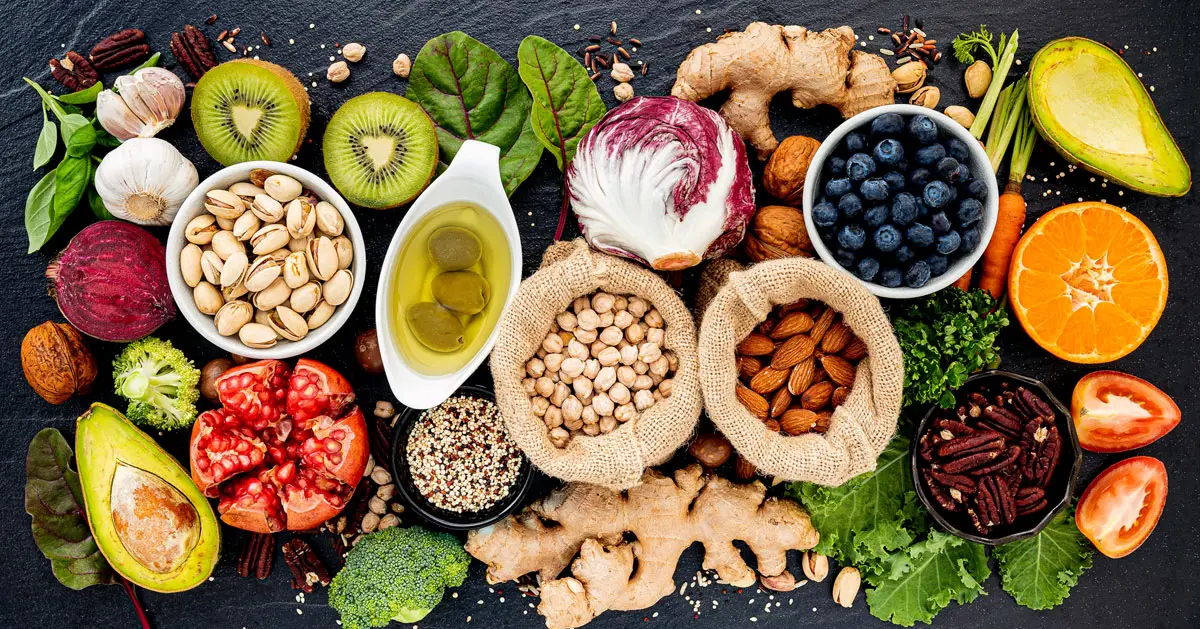What are Probiotics?
Probiotics are good bacteria that help our gut to function well. It inhabits our intestines. The joint Food and Agriculture Organization of the United Nations (FAO) and World Health Organization (WHO) Working Group defined probiotics as “live microorganisms which when administered in adequate amounts confer a health benefit on the host” (FAO/ WHO, 2001). Probiotics are foods that contain live strains of these good bacteria that will add to the number of existing good bacteria in our gut. Prebiotics, on the other hand, are plant fibers that act as food for these good bacteria, increasing their number and giving them the energy to work more
Good bacteria can be considered to be little minions that work hard to process the food we eat. While the fibers that cannot be digested are the food for these little workers that keeps them energetic and working hard for our health.
Good knowledge about probiotics will definitely help to find a way through the wonders of bacteria-land. This information can provide a simple guide on all about Probiotics and these little creatures that also do miracles!
What is the gut and what role do good bacteria play in our health?
The gut or the gastrointestinal tract (GI) is the group of organs that are responsible for digesting our food. Starting from our mouth, it includes our stomach and intestines as well. The intestine, also sometimes called the gut, houses trillions of bacteria. Of various kinds. The good bacteria in our gut are responsible for helping digestion, reducing inflammation, and also help to increase immunity by preventing infections.

Gut health and its importance are being understood by a large number of people now. Earlier too our food comprised gut-friendly foods but with changing lifestyles and food choices, our diet has changed so much that the importance of gut-healthy foods has been forgotten.
What are the benefits of a healthy gut and probiotics?
A good and healthy balance of gut bacteria not only allows our digestive system to function properly but also has various other benefits. Studies on gut bacteria confirm that having a wide variety of good bacteria can aid in immune system functions, improve symptoms of depression, and help address obesity, among countless other benefits.
Digestive Health
Studies have also shown that these good gut bacteria aid in smooth digestion and improve gut health. They can also reduce the risk of diarrhea and its effects.
Mental Health
Studies have also revealed a definite gut-brain axis. Good gut health is linked to good mental health and vice versa. Science has yet to fully comprehend and decode this vitally important field of impact of gut health on the functioning of various organs. But suggestive studies have pointed out that probiotics help restore the health of the gut which reduces symptoms of various conditions including depression and improves overall mental health.
It is surely possible as it is scientifically established that around 85% of serotonin, the happy hormone, is produced in the gut. Treatment of mental conditions viz depression, anxiety, etc .shall also factor the gut health.
Irritable Bowel Syndrome (IBS)
Irritable Bowel Syndrome is a chronic, long-term condition that may cause pain, irritability, and irregularity in bowel movements. Evidence suggests that the use of probiotics helps relieve symptoms of IBS and help in fixing bowel movement.
General Health
With the increased number of good bacteria overall health improves. Good gut health causes a decrease in a number of ailments that are attributable to poor gut health. Prime among them is our immunity. Good immunity leads to fewer chances of catching the disease, lesser sickness duration, and the body’s ability to fight back harmful bacteria and viruses.
Thus, we see that these good bacteria are vital for our gut and digestive system to function properly. Probiotics help us increase their numbers and create a bigger workforce. While prebiotics helps us keep them fed and stay energetic.
What are the foods that contain Probiotics? How can I make the best use of Probiotic food?
Numerous products these days are available that assist in “gut health” and immunity through the use of probiotics.

Below is a list of major foods that are probiotic and contain good strains of bacteria:
- Yogurt
- Buttermilk
- Fermented cheese
- Kimchi
- Sauerkraut
- Kefir
- Tempeh
- Miso
- Kombucha
- Pickle cucumber
Indian dishes like Idli, Dosa, and Dhokla which are made using fermented ingredients like flour, lentils, rice, or yogurt (Dahi) are excellent homemade sources of probiotics.
It is important to understand that people with lactose intolerance can take non-dairy food-based probiotics which include various forms of fermented fruits and vegetables, while they should avoid cheese and yogurt etc. as probiotic sources.
It is also essential to avoid high-sugar and high-fat foods, as they promote the growth of bad bacteria in the gut and come in the way of balanced gut flora. Processed and junk foods are not gut-friendly.
So, start building your gut health with probiotics and consequently enjoy the benefits of good health.













